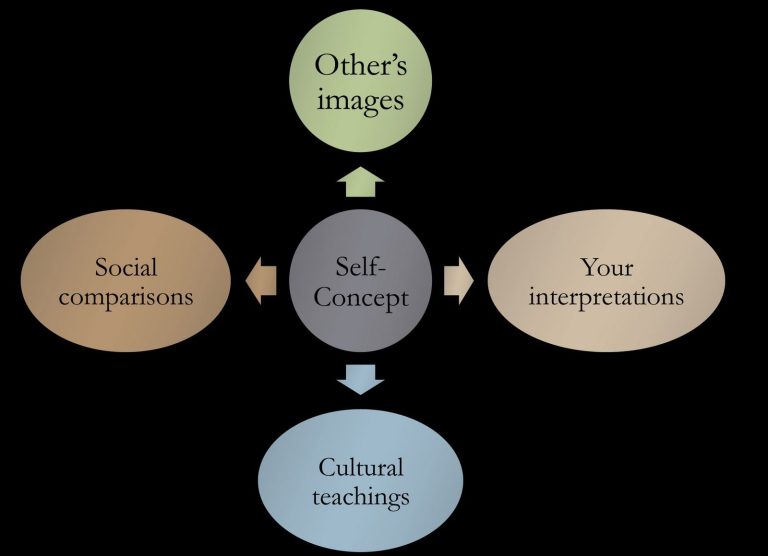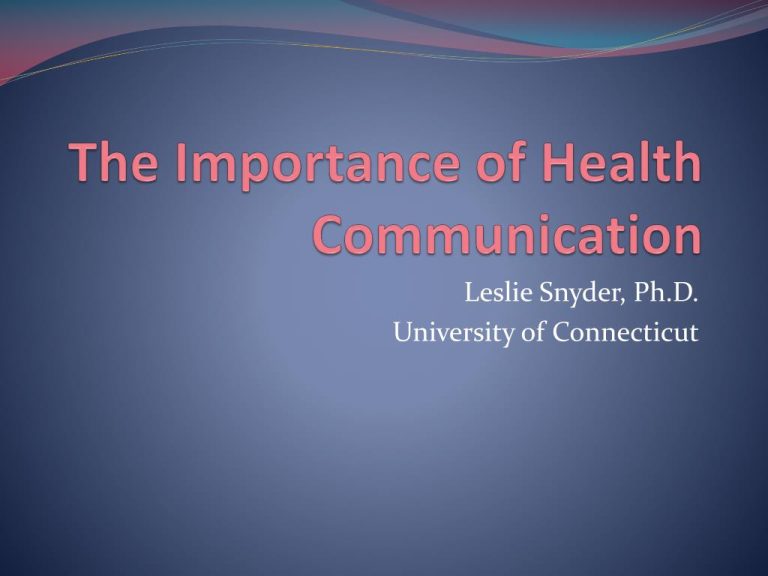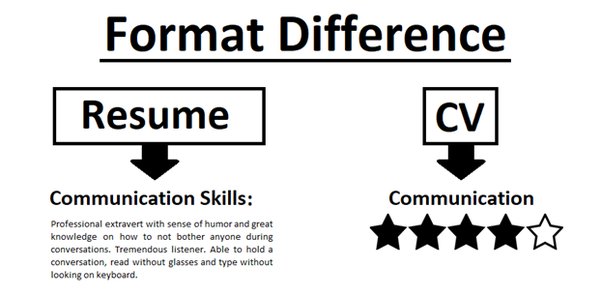All About Symposium: A Comprehensive Guide to Successful Events
A symposium is an academic gathering where experts discuss various topics. It’s a platform for sharing research, ideas, and innovations.
In the world of academia, symposia play a crucial role. These events bring together scholars, researchers, and professionals. They exchange knowledge, present findings, and engage in meaningful discussions. The atmosphere is collaborative, often leading to new insights and connections. Understanding the value of a symposium can enhance your academic and professional growth.
Whether you are a student, a researcher, or a curious mind, learning about symposia is beneficial. It opens doors to new opportunities and expands your intellectual horizon. Let’s dive deeper into what makes a symposium essential and how you can benefit from participating in one.
Introduction To Symposiums
A symposium is more than just a meeting. It’s a gathering where experts share their knowledge. This helps others learn and grow. Let’s dive into the world of symposiums.
Definition And Purpose
A symposium is a formal meeting. Experts discuss a specific topic. This can be in fields like science, education, or business.
The purpose of a symposium is to share information. It also helps people connect with others in their field. This leads to new ideas and collaborations.
Symposiums often include:
- Presentations by experts
- Panel discussions
- Q&A sessions
- Networking opportunities
Historical Background
Symposiums have a long history. The term comes from ancient Greece. The Greeks held symposiums as social gatherings. They discussed philosophy, politics, and culture.
Over time, the format evolved. In the 18th century, academic symposiums became popular. Scholars met to share their research. This tradition continues today.
Modern symposiums are more structured. They focus on specific topics. This makes them valuable for professionals and academics.
| Era | Key Features |
|---|---|
| Ancient Greece | Social gatherings, philosophical discussions |
| 18th Century | Academic focus, research sharing |
| Modern Era | Structured format, specific topics |
Types Of Symposiums
Symposiums are gatherings where experts share knowledge on specific topics. They come in various forms, each suited to different audiences and purposes. Understanding the types of symposiums can help you choose the best one for your needs.
Academic Symposiums
Academic symposiums focus on scholarly topics. They often involve university professors, researchers, and students. These events aim to share new research findings and discuss theoretical issues. Presentations and panel discussions are common formats.
- Research papers
- Theoretical discussions
- Panel discussions
Industry Symposiums
Industry symposiums target professionals in specific sectors. These events are practical and focus on real-world applications. They feature industry experts who share insights and trends. Networking opportunities are a key component.
- Case studies
- Product demos
- Networking sessions
Virtual Symposiums
Virtual symposiums take place online. They offer flexibility and accessibility. Participants can join from anywhere in the world. These events use video conferencing tools and online platforms. They often include live Q&A sessions and interactive panels.
- Webinars
- Online workshops
- Live Q&A sessions
Planning A Symposium
Organizing a symposium can seem challenging. But with the right steps, it becomes manageable. This section will guide you through the essential stages. From setting objectives to budget planning, each step is vital.
Setting Objectives
First, define the goals of your symposium. Are you aiming to share knowledge or foster networking? Clear objectives help guide all other decisions. They ensure the event meets its purpose.
Choosing A Theme
The theme sets the tone for your symposium. It should be relevant and engaging. Think about current trends in your field. Align the theme with your objectives. A strong theme attracts attendees and speakers.
Budget Planning
Money matters. Start with a clear budget. List all potential expenses. Venue, catering, speakers, and materials. Allocate funds wisely. Keep some for unexpected costs. A well-planned budget avoids financial stress.
Organizing The Event
Organizing a symposium can be a fulfilling yet challenging task. It involves meticulous planning, attention to detail, and effective coordination. The success of the event largely depends on how well each aspect is managed. Below are key steps to ensure your symposium runs smoothly.
Selecting The Venue
The venue sets the tone for the entire event. Choose a location that is accessible to all attendees. Ensure it has adequate seating and technical facilities. Check if the venue provides necessary amenities like Wi-Fi, projectors, and sound systems. A well-chosen venue can enhance the overall experience of the symposium.
Scheduling And Agenda
A well-structured schedule is crucial. Start with defining the main objectives. Break down the day into manageable sessions with clear time slots. Allocate time for breaks and networking opportunities. An organized agenda keeps the event on track and engages attendees throughout the day.
Inviting Speakers
Speakers are the backbone of any symposium. Identify experts in the field related to your event. Send out invitations well in advance. Provide clear guidelines about their role and expectations. Engaging and knowledgeable speakers can significantly boost the value of your symposium.
Promoting The Symposium
Promoting a symposium is essential for attracting attendees and ensuring its success. Effective promotion involves multiple strategies that target different audiences. Below are some key approaches to promote your symposium and engage your audience.
Marketing Strategies
Effective marketing strategies can make a significant difference. Start with a clear, concise message about the symposium’s purpose.
- Email Campaigns: Send personalized emails to potential attendees. Highlight the key benefits of attending.
- Press Releases: Issue press releases to local media. This can increase your reach and credibility.
- Partnerships: Partner with relevant organizations. This can help you tap into their audience.
Social Media Promotion
Social media is a powerful tool for reaching a wide audience. Use it to your advantage.
- Content Calendar: Create a social media calendar. Schedule regular posts leading up to the event.
- Visuals: Use engaging visuals. Pictures and videos can capture attention quickly.
- Interactive Posts: Post polls, quizzes, and questions. This encourages interaction and engagement.
Engaging Attendees
Engaging your attendees before, during, and after the symposium is crucial. This keeps them interested and invested.
- Pre-Event Surveys: Conduct surveys to understand attendee interests. This helps tailor the content to their needs.
- Live Updates: Provide live updates on social media during the event. This keeps remote attendees engaged.
- Follow-Up: Send follow-up emails with key takeaways. This reinforces the value of the symposium.
By implementing these strategies, you can effectively promote your symposium and ensure a successful event.

Credit: dental.nyu.edu
Managing The Day
Managing the day of a symposium is key to its success. A well-managed event ensures smooth transitions, keeps participants engaged, and addresses issues promptly. This section will guide you through the crucial aspects of managing the day, including the registration process, technical setup, and on-site coordination.
Registration Process
The registration process sets the tone for the entire day. It’s the first interaction participants have with the event. Ensure it’s seamless and welcoming.
- Pre-registration: Encourage participants to register online.
- On-site Registration: Have multiple counters to avoid long queues.
- Badging: Provide badges with names and affiliations for easy networking.
Using a table to manage registration times can help:
| Time Slot | Activity |
|---|---|
| 8:00 AM – 9:00 AM | Check-in and Badge Collection |
| 9:00 AM – 10:00 AM | Opening Remarks |
Technical Setup
A successful symposium depends on a robust technical setup. Ensure all equipment is in working order before the event starts.
- AV Equipment: Check microphones, projectors, and speakers.
- Internet: Provide reliable Wi-Fi for participants.
- Backup: Have backup devices ready in case of technical failures.
Assign a team member to monitor the technical aspects throughout the day.
On-site Coordination
On-site coordination ensures everything runs smoothly. A well-coordinated team can address issues as they arise.
- Volunteers: Deploy volunteers to assist participants and speakers.
- Signage: Clearly mark areas like registration, sessions, and restrooms.
- Communication: Use walkie-talkies or a messaging app for quick communication.
Regularly check in with your team to ensure everyone knows their roles and responsibilities.
Post-event Activities
After a successful symposium, the work is not yet complete. Post-event activities are crucial. They help you understand the event’s impact and plan for future events. These activities ensure you make the most of your efforts.
Gathering Feedback
Collecting feedback is essential. It provides insights into what went well and what needs improvement. Use surveys and questionnaires. Ask attendees about their experiences. What did they enjoy? What could be better? This information is valuable for future planning.
Evaluating Success
Measure the event’s success. Look at attendance numbers. Analyze engagement levels during sessions. Did participants interact? Were the sessions informative? Evaluate if the event met its goals. This helps in understanding the event’s overall performance.
Follow-up Communication
Post-event communication is important. Send thank-you emails to attendees and speakers. Share highlights from the symposium. Provide access to event materials, like presentations and recordings. This keeps the momentum going and maintains connections.
Tips For A Successful Symposium
Hosting or attending a symposium can be a rewarding experience. To make the most of it, you need to follow some key tips. This guide will help you navigate through effective networking, interactive sessions, and handling challenges.
Effective Networking
Networking is a crucial part of any symposium. Here are some tips to help you connect effectively:
- Prepare in Advance: Research the attendees and speakers. Make a list of key people you want to meet.
- Bring Business Cards: Always have business cards ready to exchange.
- Be Approachable: Smile and maintain an open body language. This invites others to approach you.
- Follow Up: After the symposium, send a follow-up email to continue the conversation.
Interactive Sessions
Interactive sessions make a symposium more engaging and memorable. Here’s how to make the most out of them:
- Ask Questions: Engage with the speakers by asking relevant questions.
- Participate in Discussions: Share your thoughts and experiences during group discussions.
- Take Notes: Jot down important points and ideas for future reference.
- Join Workshops: Participate in workshops to gain hands-on experience.
Handling Challenges
Challenges are inevitable in any symposium. Here are some tips to handle them effectively:
| Challenge | Solution |
|---|---|
| Technical Issues | Have a backup plan and technical support ready. |
| Time Management | Stick to the schedule and prioritize important sessions. |
| Nervousness | Practice your presentation and take deep breaths to stay calm. |
| Networking Anxiety | Start with small talk and gradually move to more meaningful conversations. |

Credit: www.conncoll.edu
Frequently Asked Questions
What Is A Symposium?
A symposium is a formal meeting. Experts discuss a specific topic. It can include presentations and debates.
How Is A Symposium Different From A Conference?
A symposium focuses on one topic. A conference covers multiple topics. Symposia are usually smaller and more specialized.
Who Can Attend A Symposium?
Anyone interested in the topic can attend. This includes students, professionals, and researchers.
What Should I Expect At A Symposium?
Expect presentations, panel discussions, and Q&A sessions. Networking opportunities are also common.
Conclusion
Attending a symposium offers numerous benefits. You gain knowledge and insights. Meeting experts and peers can enhance your understanding. The experience can inspire new ideas. Networking opportunities can lead to future collaborations. Symposiums can help you stay updated in your field.
They can boost your personal and professional growth. So, consider participating in a symposium. It could be a valuable experience. The knowledge and connections you make can be invaluable.





